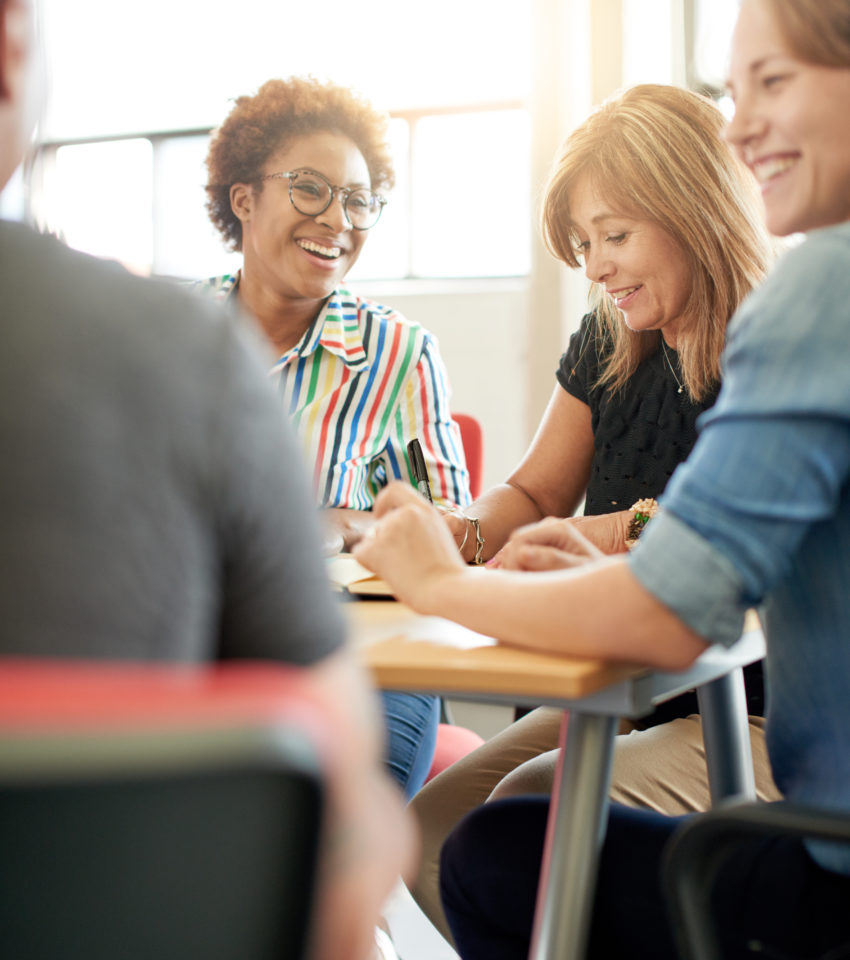
The exclusion or marginalisation of certain groups has occurred for as long as societies have existed. The overriding global thrust is - and has always been - to enable every individual to actively participate to their full potential and create stronger, more inclusive societies, regardless of people’s backgrounds, demographics or specific characteristics.
The Social Inclusion Educational Model helps us to build a deeper understanding of exclusion, the groups that are often excluded, the impact of this and the strength and power achieved through inclusive practice. Introducing simple tools and ideas, and sharing innovative practices, this module supports Sport for All organisations to lead with way with inclusive practice and support both individuals and organisations reach their full potential.
Module
Contents

Understanding Social Inclusion
Barriers to Social Inclusion
Grounds for Social Exclusion
Benefits of an Inclusive Society
Global State of Play
European State of Play
Social Inclusion and the SDGs
Relationship between Sport for All and Social Inclusion
Leaders in the field
Relevant case studies and good practices
Conclusions
SUB-
THEMES
Tolerance/Inclusion/Representation/Integration/Designing/Building Inclusive Sport Organisations/Equality/Equity/Support for unprivileged target groups/Targeted activities /Accessibility of sport facilities and activities/Social Cohesion/Ethics and Fair Play/Discrimination/Racism/Sexism/Ageism/Xenophobia/Homophobia/Para Sport/Ableism








 active
active
 community
community
 cultural
cultural
 Digitalisation
Digitalisation
 economic impact
economic impact
 education
education

 Environment
Environment

 Gender
Gender
 governance,
governance,
 health
health
 Peace development
Peace development
 play
play